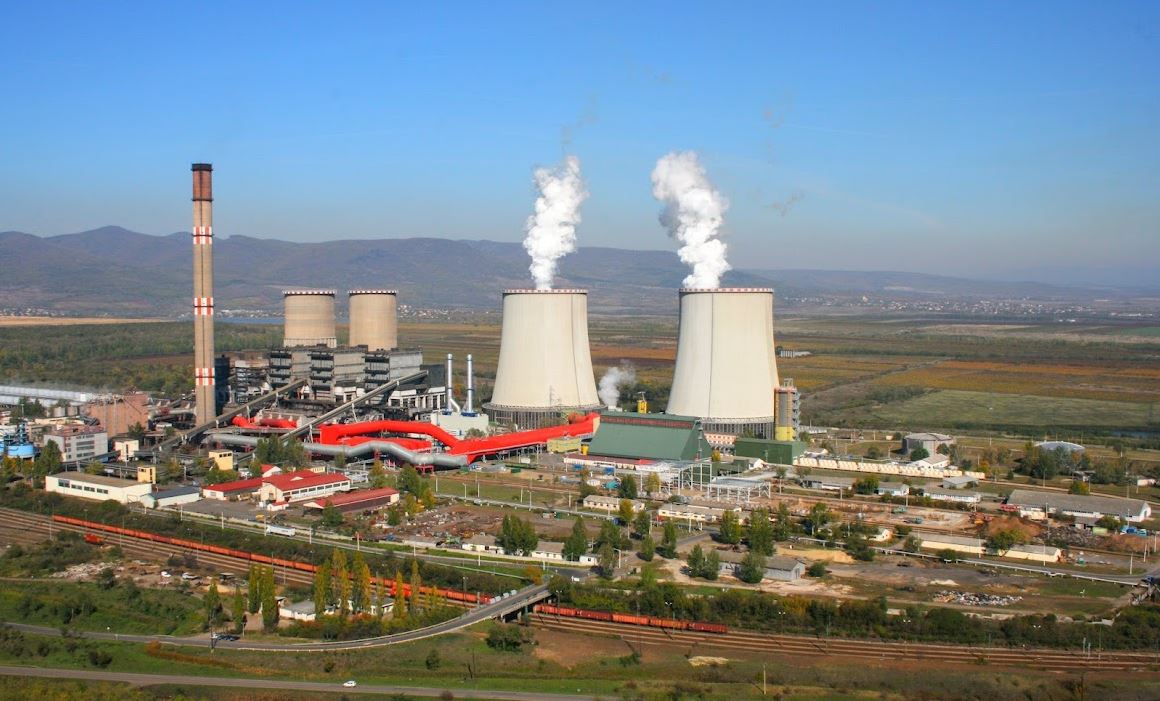Hungary has introduced an energy emergency that comes into effect on Aug. 1, cabinet minister Gergely Gulyás announced on Wednesday.
He said the reason for the emergency measures is that in the last months electricity prices have risen fivefold and gas prices sixfold.
Gulyás said the emergency measures consist of seven points:
- Hungary will increase domestic gas production from 1.5 billion cubic meters per year to 2 billion.
- The government authorized Minister of Foreign Affairs and Trade Péter Szijjártó to acquire additional gas supplies.
- The government ordered an energy export ban for energy carriers and firewood.
- Domestic coal mining will be increased as much as possible.
- The block of the Mátra Power Plant that is not currently in operation must be restarted as soon as possible. The Mátra Power Plant is a lignite-fired power plant majority owned by MVM, the Hungarian state owned power company since 2019. It is located in the valley of the Mátra mountains in Hungary and has an installed capacity of 950 megawatts, but 200 megawatts has been on permanent hiatus since January 2021.
- The government had already decided to extend the operating life of the Paks Nuclear Power Plant, and this has now been confirmed.
- The utility price cap introduced in 2013 will only remain in effect up to an average household consumption, which is 214 kilowatthours for electricity and 144 cubic meters of natural gas. Consumption exceeding that level will be billed at market prices. Three quarters of households will not be affected by this restriction, Gulyás said.
Meanwhile, the country’s foreign minister, Peter Szijjártó, said that Hungary’s gas reserves stood at 25.1 percent of annual consumption, well above the European Union average of 16 percent.






